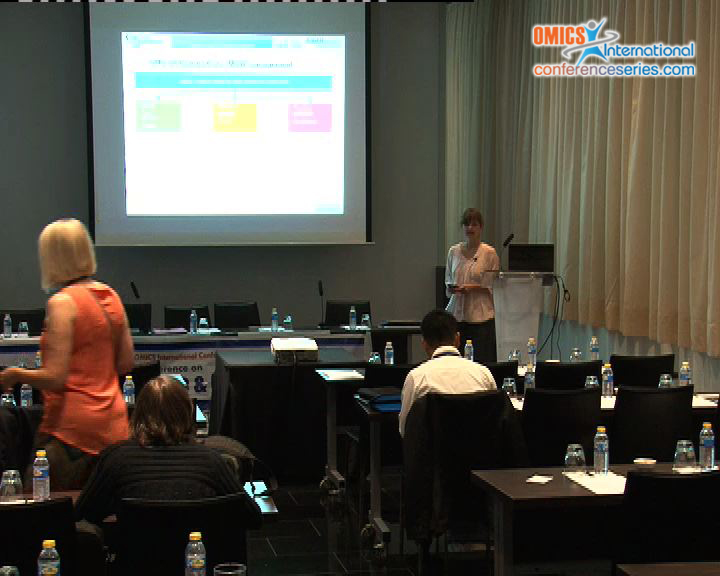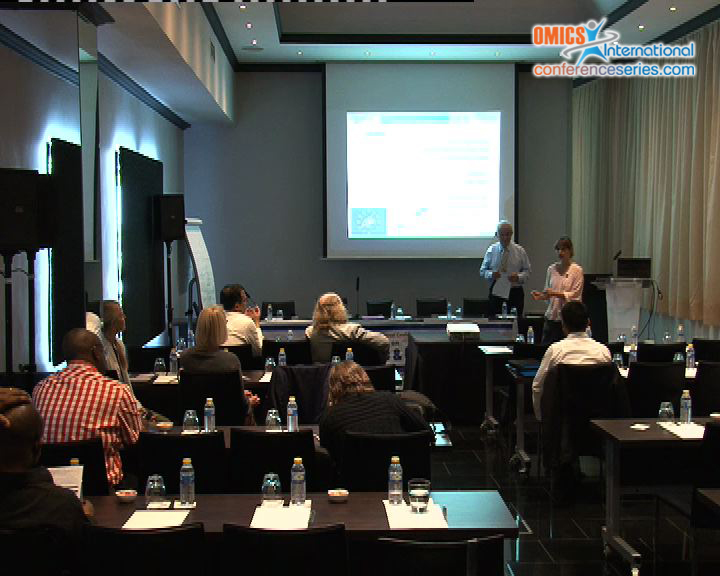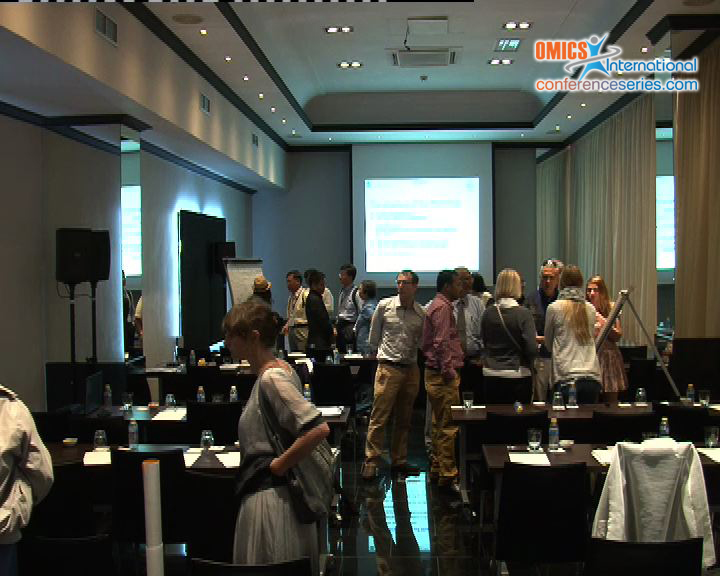
Adele Clausen
RWTH Aachen University, Germany
Title: The relevance of background systems on the carbon footprint of municipal solid waste management
Biography
Biography: Adele Clausen
Abstract
Waste management is one target field, when discussing the options of climate change mitigation. The reduction of greenhouse gas (GHG) emissions from waste management is subject to different legislation (e.g. Kyoto Protocol, EU Waste Framework Directive), which all demand a shift from climate harming uncontrolled landfilling to climate friendly integrated waste management systems. However, the climate impact of different waste management options substantially depends on the individual context that waste management takes place in. Due to not only legislative requirements but also other societal drivers, integrated waste management is currently in the process of being established in many European countries with related decisions to be made. In order to allow decision makers for considering the climate impact of different waste treatment alternatives, tools are required that provide the option to compare the alternatives while taking into account the individual background conditions. However, a lack of appropriate tools was identified that allows comparing the climate relevance of the two most important residual municipal solid waste (rMSW) treatment technologies, which are waste incineration and mechanical-biological treatment (MBT). Hence, a model that applies a consequential life cycle assessment approach was developed. Those background conditions that impact the climate performance of either of the considered rMSW treatment technologies or related upstream/downstream processes were identified. The model allows adapting the background conditions to an individual (European) context. By modelling varying context situations, the relevance of different background conditions on the climate impact of MBT and waste incineration is assessed.
Speaker Presentations
Speaker PPTs Click Here



